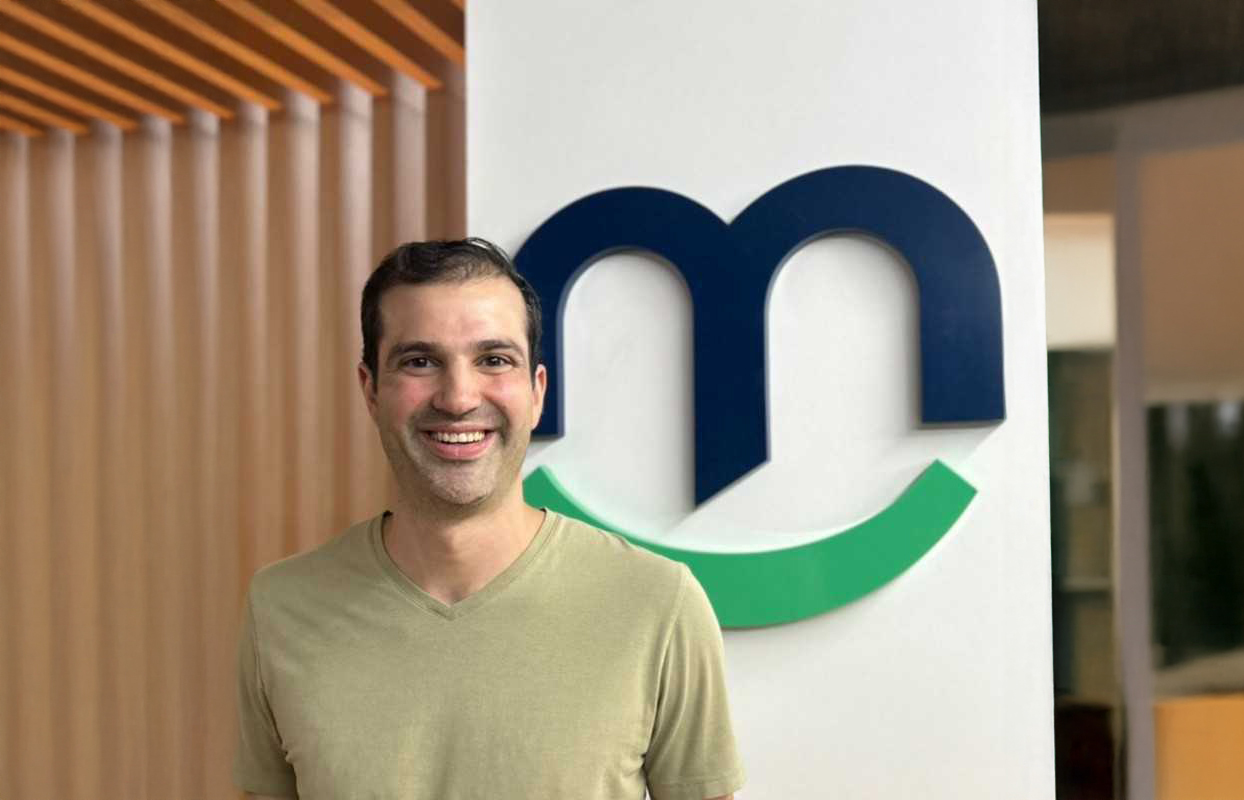
Por Yanin Alfaro
April 2, 2025
In the last year, Merama has focused on operational efficiency. Having worked with more than two dozen online retail brands, it now focuses on six.
It has moved from being a centralized company to a more independent structure with a focus on fewer, but much larger and stronger brands, Olivier Scialom, COO of Merama, told Contxto.
Investors agree with the change. “There is a cap table backing that we have inside Merama,” assures Felipe Delgado, CFO and president of Merama. Today it is receiving $45 million dollars in equity from investors that had already trusted the startup such as Advent International, SoftBank, Monashees, Valor Capital and Balderton Capital. In addition, they are adding a new investor: Marcel Telles, founder of the Brazilian fund 3G Capital.
Merama is also raising $170 million in debt financing, led by BTG Pactual, Citi and Itaú. In one year Merama has raised $250 million dollars in debt, as it closed an $80 million dollar financing from J.P. Morgan in April 2024.
The startup — which operates in Mexico and Brazil — reached unicorn status in 2021 with a valuation of $1.2 billion, after this investment the new valuation was not disclosed, but Delgado assures that it is still higher than $1 billion. In five years Merama has raised more than US$520 million in venture capital and debt.
With the newly raised capital, Merama seeks to optimize the management of its brands and enable strategic expansions, including acquisitions within the segments in which it already operates.
Merama’s executives claim that it is now a holding company for brands in the aforementioned industries, rather than an e-commerce aggregator, as it started in 2020 with a model similar to that of Thrasio, the industry leader that filed for bankruptcy in March last year in the United States.
In the last 18 months, the startup has focused on selling assets in certain categories where it no longer wants to participate, Delgado explained.
Among acquisitions, Merama reported the acquisition of Growth Supplements in Brazil, the largest sports nutrition company in Latin America and the fourth largest worldwide with annual sales in excess of US$400 million.
It started the alliance with Growth Supplements three years ago, but is now being fully acquired. Delgado boasted that the company has grown more than 10X in this period.
Growth Supplements offers nutritional supplements, with a broad portfolio that includes proteins, vitamins, sportswear and content focused on health and wellness. The goal is to increase the number of items, production, logistics capabilities, and explore a possible international expansion in the near future.
By expanding into Mexico, it would be entering a dietary supplement industry that reaches more than 15 million consumers who purchase items through different channels such as e-commerce, according to the National Association of the Dietary Supplement Industry (ANAISA).
Merama’s portfolio now includes six brands: Growth Supplements, Mercadazo (omnichannel e-commerce), Oceane (beauty), and three others in the furniture, kitchen and home and baby products industry.
In 2024, Merama grew 30% in sales; 10% less than the growth reported in 2023. Delgado explained that from 2025 Merama’s growth will no longer be reported globally and will be divided by brand, as each grows at a different rate.
With the capital received, they will invest “primarily in working capital and brand positioning” for each of their units. In the industries they are in, Delgado says they will still be doing M&A. “But the M&A is going to be below each platform or each business unit,” he said, clarifying that they are not considering entering another category in which they do not currently play.